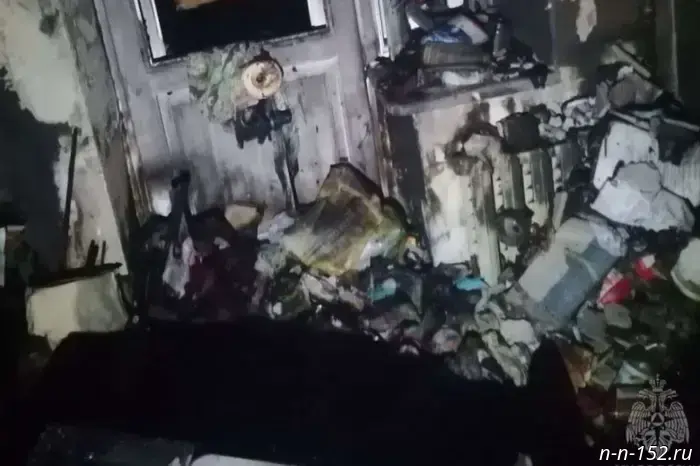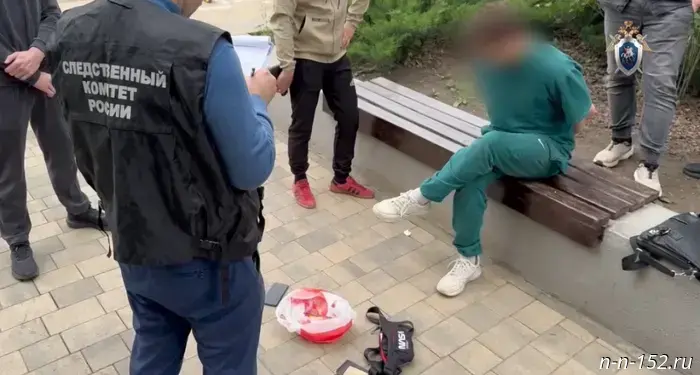
3 phone and online scam schemes popular before September 1
28 August 2025 11:43
[208]
SocietyAt the start of the school year, pupils and students face increased workloads and stress — which raises their vulnerability to various fraudsters’ activities. Beeline’s Rapid Response Group analyzed data on malicious activity over recent years and named the top 3 methods scammers most often use ahead of September 1. Study them, pass them on to younger relatives — and be careful so that losses and worries don’t spoil the start of your autumn.
1. A call from the admissions office or the dean’s office.
First, an applicant or student receives a call from an alleged university representative who, under one pretext or another, tricks them into giving the SMS code. Then someone posing as an employee of Roskomnadzor / Rosfinmonitoring / the police contacts the subscriber and says: scammers tried to hack their accounts but failed. To protect themselves in the future, they need to install the bank’s app for protection against fraud.
Then, using malicious software, the attackers create a virtual copy of the client’s bank card and withdraw money from it contactlessly.
2. A notification about blocking an electronic diary or access to an educational platform.
In this case the student receives an email or a messenger message: access to an important resource has been suspended, click the link to restore it.
The link turns out to be phishing; through it scammers steal the victim’s personal information or trick them into giving the code for their Gosuslugi account, bank app account, etc.
3. An offer to register on an educational resource.
This is another way to get the subscriber to follow a phishing link — under the pretext of registering on a learning portal or a university app, or joining a chat of students / alumni / applicants.
Usually this requires giving a code, enabling screen sharing, or launching a bot that authenticates through Gosuslugi.
Beeline’s Rapid Response Group was created to ensure information security and provide emergency assistance to the company’s customers. If you suspect that you or your child is the victim of one of these or any other fraud schemes, contact the group via Beeline’s electronic consultant at 0611 or in the mobile app chat. Staff will connect promptly and try to help you.
But it’s better if the need for decisive action never arises. For this it’s important to remember a few simple rules:
1. Do not communicate with strangers by phone, in messengers, or on social networks.
2. Never read out SMS codes over the phone and do not enable screen sharing at someone else’s request.
3. Do not follow links from strangers and generally avoid any links in messages and emails that look suspicious.
4. Remember that genuine government agency employees never resolve important issues over the phone or in a messenger.
5. Hang up immediately if the caller tries to pressure, rush, or threaten you.
And to reduce the risk of getting hooked and spare yourself and your loved ones unnecessary stress, enable the “My Safety” service in the Beeline app. It protects subscribers from unwanted calls and interrupts dangerous conversations, and if an incident does occur, it helps compensate losses.
Advertisement for PJSC VimpelCom. More details at beeline.ru
Moscow, OGRN 1027700166636
NIA "Nizhny Novgorod" has a Telegram channel. Subscribe to stay informed about major events, exclusive materials and breaking information.Copyright © 1999–2025 NIA "Nizhny Novgorod". When republishing, a hyperlink to NIA "Nizhny Novgorod" is required. This resource may contain 18+ materials.
Другие Новости Нижнего (Н-Н-152)
 Authorities did not rule out abandoning construction of the road near the Borsky Bridge.
Nizhny Novgorod News
Authorities did not rule out abandoning construction of the road near the Borsky Bridge.
Nizhny Novgorod News
 The "Khokhloma" tea with wild strawberry and linden was created in the Nizhny Novgorod region.
Nizhny Novgorod News
The "Khokhloma" tea with wild strawberry and linden was created in the Nizhny Novgorod region.
Nizhny Novgorod News
 The "Autumn Deliveries" fair is being prepared in Sarov.
On September 14, starting at 8:00 AM, the annual fair "Autumn Arrivals" will be held on the grounds of the ASS retail park.
August 28, 2025.
Administration of the city of Sarov.
Nizhny Novgorod Region.
Sarov.
The "Autumn Deliveries" fair is being prepared in Sarov.
On September 14, starting at 8:00 AM, the annual fair "Autumn Arrivals" will be held on the grounds of the ASS retail park.
August 28, 2025.
Administration of the city of Sarov.
Nizhny Novgorod Region.
Sarov.
 Firefighters evacuated 40 people from a burning building in Sormovo.
Nizhny Novgorod News
Firefighters evacuated 40 people from a burning building in Sormovo.
Nizhny Novgorod News
 The architectural and artistic concept for the exterior appearance of Zvezdinka Street was approved in Nizhny Novgorod.
By order of the Head of Nizhny Novgorod, Yuri Shalabaev, active work continues in the city on creating and implementing architectural and artistic concepts for the external appearance of the city's streets. 28.08.2025. Administration of the City of Nizhny Novgorod. Nizhny Novgorod Region. Nizhny Novgorod.
The architectural and artistic concept for the exterior appearance of Zvezdinka Street was approved in Nizhny Novgorod.
By order of the Head of Nizhny Novgorod, Yuri Shalabaev, active work continues in the city on creating and implementing architectural and artistic concepts for the external appearance of the city's streets. 28.08.2025. Administration of the City of Nizhny Novgorod. Nizhny Novgorod Region. Nizhny Novgorod.
 An employee of the Nizhny Novgorod pre-trial detention center wanted to help criminals, but ended up behind bars himself.
14:33 August 28
Alisa Gusar
Investigative Department of the Investigative Committee of the Russian Federation for Nizhny Novgorod Oblast
A pre-trial detention center employee in Nizhny Novgorod became a criminal and began taking bribes. 28.08.2025. ProGorodNN.Ru. Nizhny Novgorod Oblast. Nizhny Novgorod.
An employee of the Nizhny Novgorod pre-trial detention center wanted to help criminals, but ended up behind bars himself.
14:33 August 28
Alisa Gusar
Investigative Department of the Investigative Committee of the Russian Federation for Nizhny Novgorod Oblast
A pre-trial detention center employee in Nizhny Novgorod became a criminal and began taking bribes. 28.08.2025. ProGorodNN.Ru. Nizhny Novgorod Oblast. Nizhny Novgorod.
3 phone and online scam schemes popular before September 1
Nizhny Novgorod News
